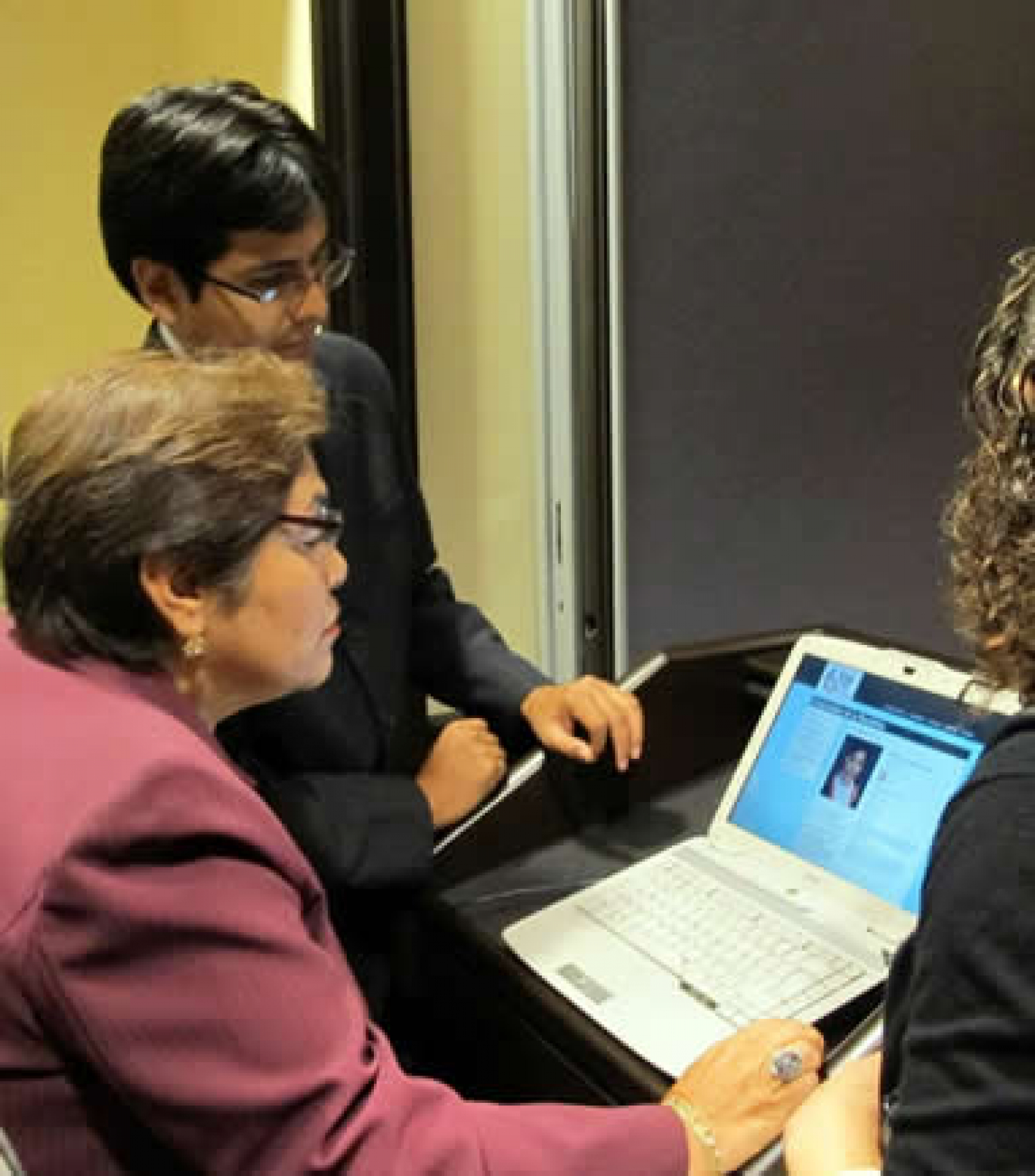
SHARE
Though Peru has shown robust economic growth and relative resilience in the face of a global economic slowdown, many Peruvians continue to face a widening socioeconomic divide, poverty and exclusion from political life. Surveys conducted by the polling firm Ipsos Apoyo show that Peruvians harbor growing mistrust and pessimism about their leaders. Last November, for example, the approval rating for the Peruvian Congress hovered at 24 percent. Results from a 2011 survey indicated that 30 percent of Peruvians believed that their quality of life was stagnant despite economic growth and democratic advances.
A new website on the Peruvian Congress, 131 Voices (131 Voces), seeks to address this sense of dissatisfaction by opening voting records and pending legislation to public scrutiny and feedback. The goal is to keep Peruvian lawmakers accountable on policy decisions and make government more accountable. With a name reflecting the 130 members of parliament and the voice of the Peruvian people, 131 Voices was created by Citivox, a web company that also created Curul501, a tool that monitors Mexico’s parliament, in partnership with Democratic Reflection (Reflexión Democrática), a Peruvian civil society organization, and NDI.
Organized by issues, ranging from consumer protection to human rights, 131 Voices is designed to make Peru’s government more transparent by encouraging parliament to use the site as an interactive, personalized tool to stimulate dialogue and open lines of communication with constituents.
Citivox and Democratic Reflection designed a unique page for each member where users can read about the member’s work history and political affiliation, and monitor news about new or pending legislation.
Thirteen of the parliamentarians have partnered with Democratic Reflection to use their pages to create a personalized, interactive profile that provides access to their Twitter feeds, information about their pending or proposed legislative initiatives, and a comment box where citizens can discuss proposals for new laws and provide other feedback.
One example of how the site connects leaders with constituents was the commentary generated by a proposal by Luis Iberico of the Alliance for Great Change party (Alianza por el Gran Cambio) for the “creation of a National Institute for Information and Transparency” that would seek to promote greater access to information and openness in government. Citizens expressed support for the objective of improved transparency, which was noted as a key to fighting corruption, but also suggested that the initiative should avoid creating a new, ineffective bureaucracy.
Read more:
- Candidate debates focus on issues, solutions in Peru»
- Civic group invites Nicaraguan citizens to participate in election monitoring»
- 'Truth-o-meter' encourages accountability in Serbia»
Published Aug. 2, 2012


